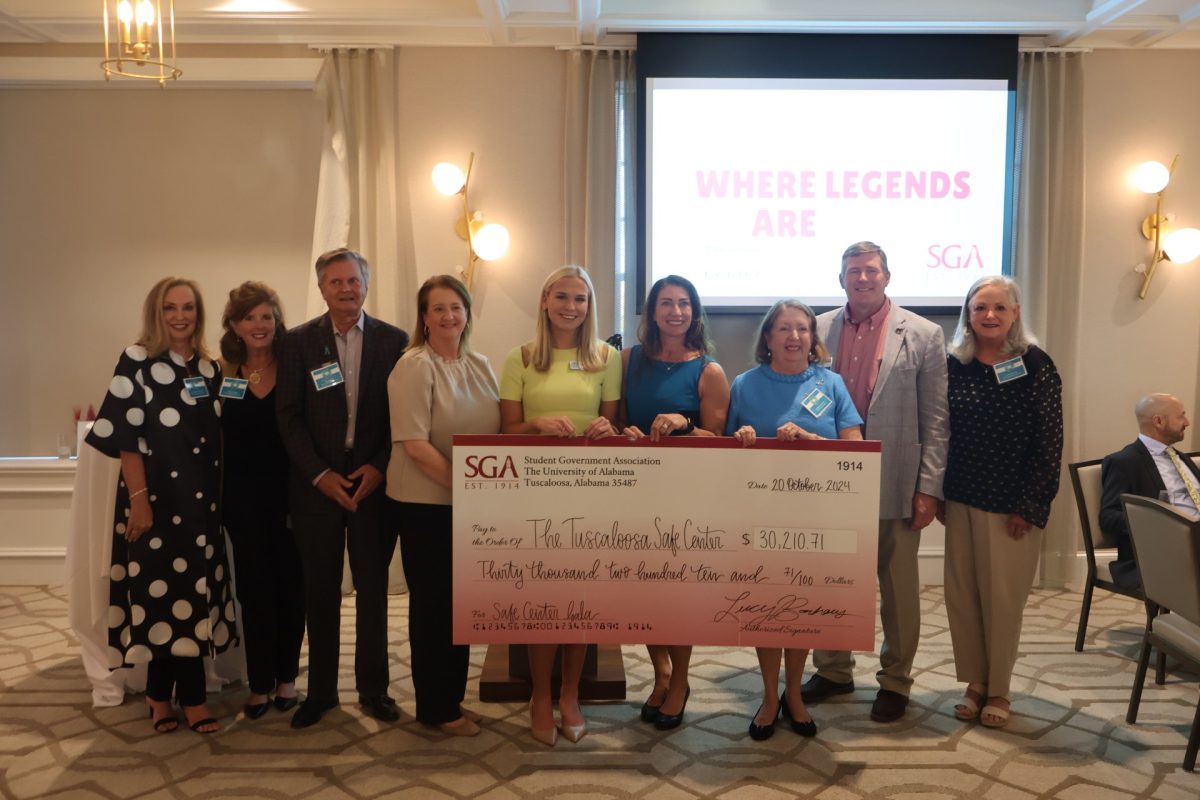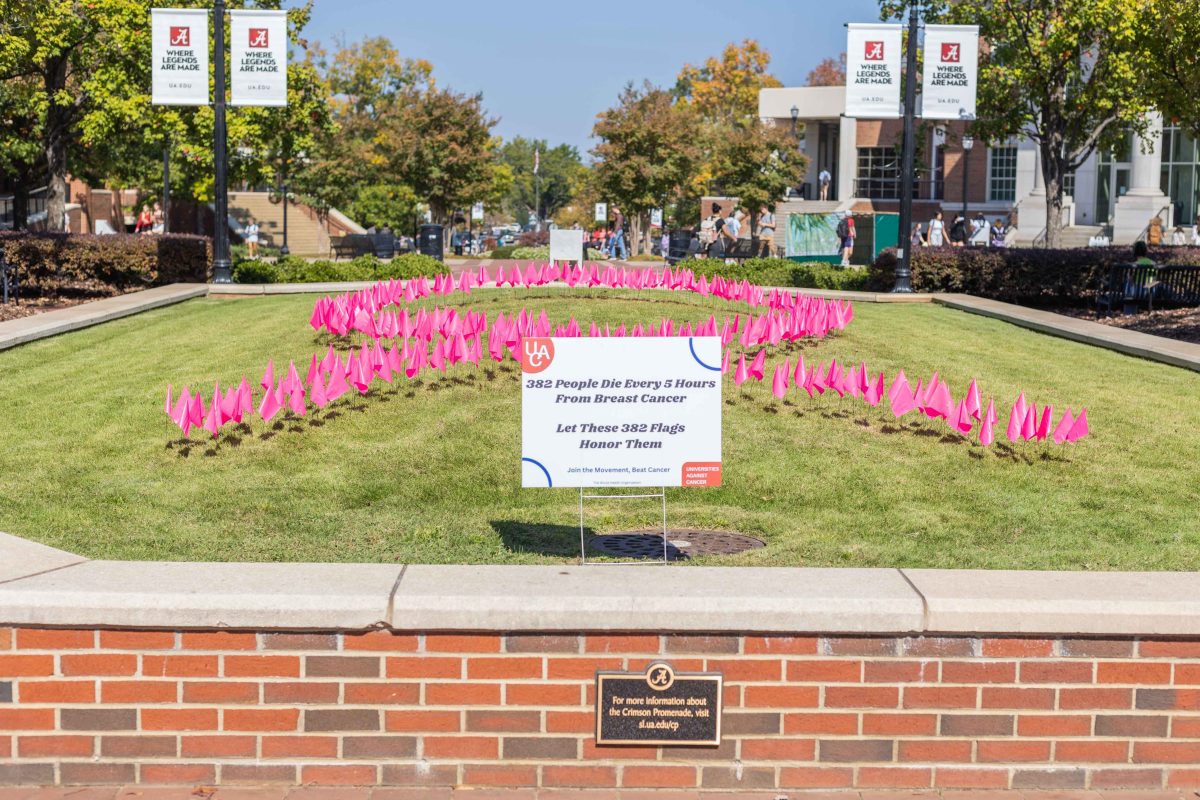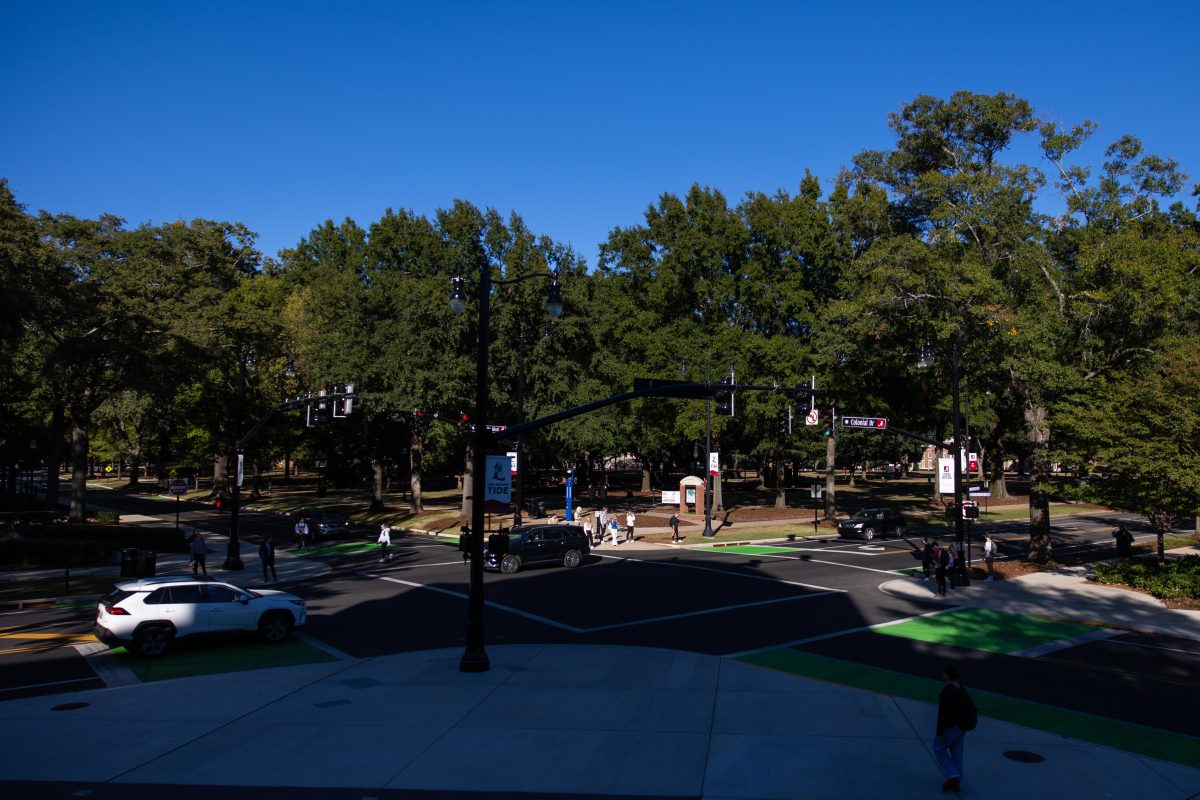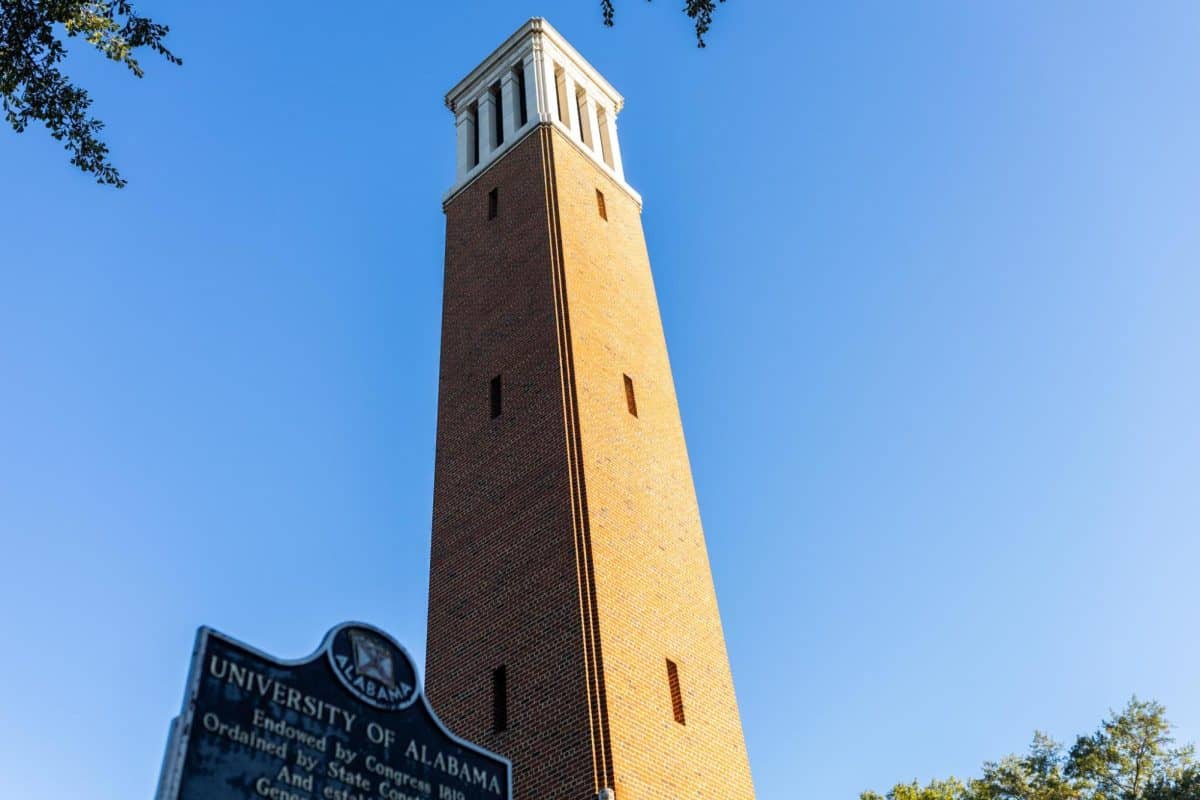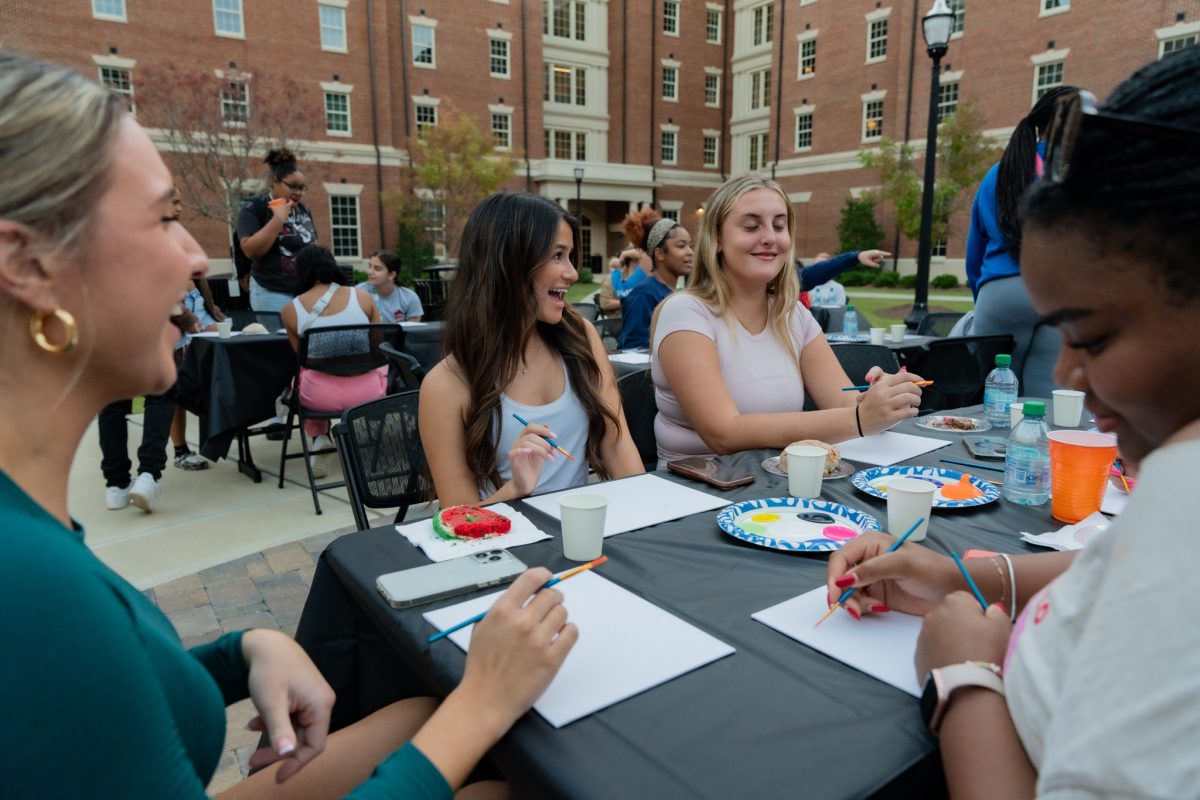Paul Landry, a McNair fellow in the College of Education’s Instructional Leadership, Social and Cultural Foundations Ph.D. program, has spent a great deal of time researching and finding ways to fix the issue of diversity in school systems domestically and abroad.
Landry, who completed his undergraduate degree at Macalester College, attended the Boston University School of Law before transferring and finishing up at the Georgetown University Law Center, is currently seeking his master’s and Ph.D. degrees from The University of Alabama.
Before becoming a prominent voice among socioeconomic and intercultural education, Landry spent 30 years practicing law.
As a lawyer, he was the first black partner in a major corporate law firm in the state of Minnesota, was designated as a “Super Lawyer” by his peers and fellow associates and was the founding member of the minority partners conference for the American Bar Association.
He also helped organize and conduct the first national conference on diversity for the American Bar Association.
When asked why he decided to pursue a career in education after practicing law for three decades, Landry said that he decided to step back from practicing and wanted to put more emphasis on education, and a substantial part of practicing law involves education.
Landry said he’s always had an itch for educational issues, as he spent time as an elected school board official for 12 years in a suburb outside of Minneapolis, Minn. While an elected official, he served as a chair of the school board as well as advising and supervising school districts.
Landry wants to impact his students by teaching them to think differently.
“I want them to be able to think critically about what they are doing, rather than thinking mechanically about what to do, what material to teach and what texts to use. Think about what you are trying to achieve, why are you doing it and what are the policies and agendas behind why you are doing it,” he said.
Landry said he believes that once a person learns to think critically, is put into school systems with increasing diversity and is paying attention to whom they are teaching, how they are teaching and why they are teaching, then they would have the guidance and ability to more effectively serve the needs of those students.
“Education definitely needs improvements in many areas of the world,” Savannah Bernal, a senior majoring in education, said. “More resources and attention should be dedicated to educating poor individuals. Education is one step in breaking the cycle of poverty that tends to perpetuate itself.”
Landry has been able to share his research with other education officials around the world.
He has presented papers in Athens, Greece, Mexico and has worked in Ecuador, where he said he enjoyed the country, culture and diversity.
He has also done research in comparative education, which is seeing how other countries and their school systems deal with socioeconomic, cultural and ethnic diversity.
He has researched what kind of job the United States is doing in accommodating, embracing and promoting the academic success of children with diverse backgrounds.
Landry has received many honors for his work as a lawyer and in education. He received an RIAA platinum certification for working with Janet Jackson and other entertainment artists, is a member of Kappa Delta Pi International Honor Society and was named an outstanding graduate student at the University.




